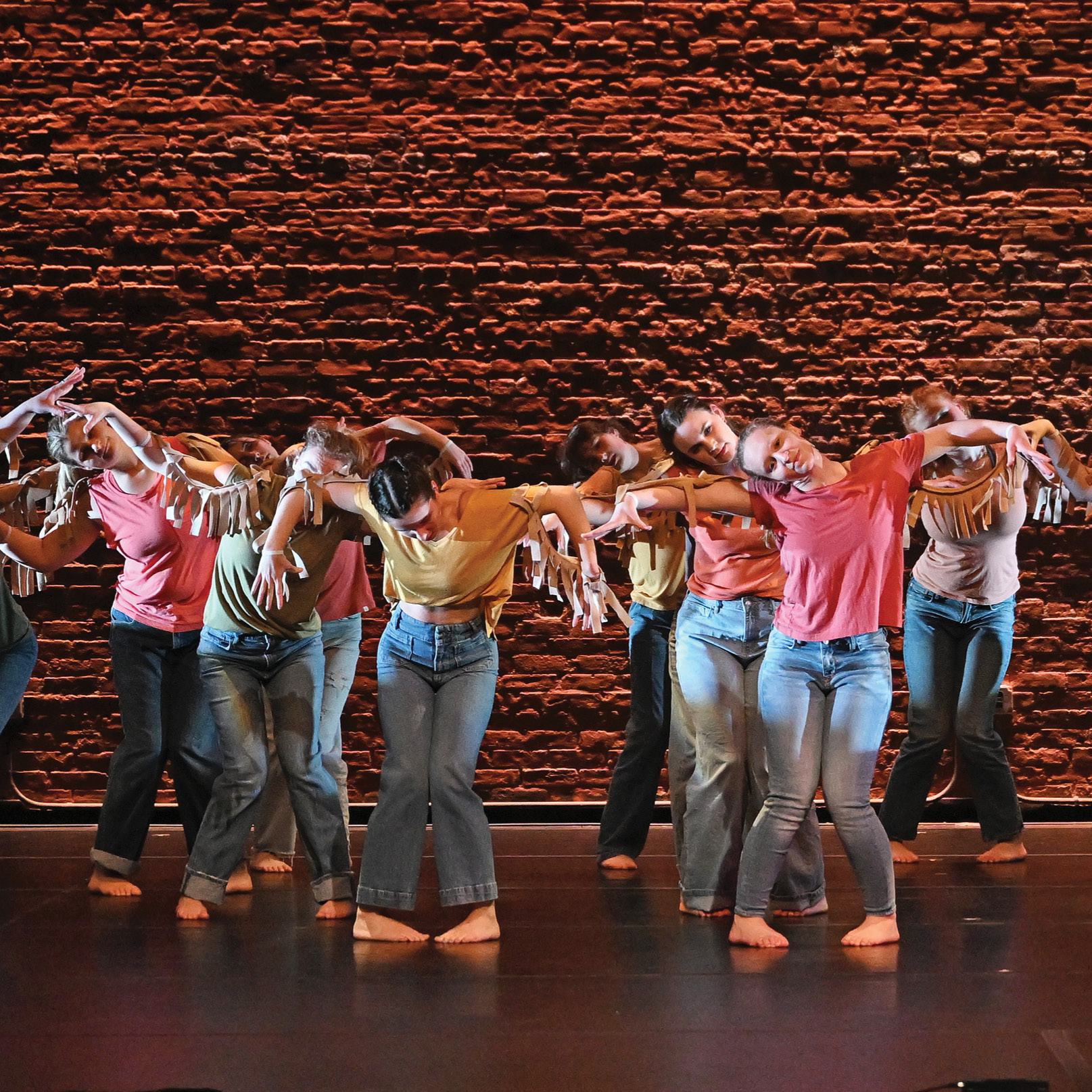
Playground Negotiations
The day Facebook launched, today’s high school seniors were fresh-faced kindergarteners.
Their generation has grown up online; they share, like and comment on everything, with no regard for privacy. At least that’s the general assumption.
“In reality, youth are very concerned about privacy, especially privacy from adult authority,” said Assistant Professor of Sociology Ana Campos-Holland. “They are using the privacy strategies their parents taught them—don’t use your real name, pay close attention to your audience, etc.—to avoid surveillance, especially by their parents.”
It’s one of the many findings emerging from a multifaceted research project Campos-Holland is conducting with the assistance of a half-dozen Connecticut College students. Through the project, dubbed “Playground Negotiations,” Campos-Holland and her students are gaining a better understanding of how youth see and navigate their worlds.
By conducting interviews with children and teens ages 9-17, the researchers are gaining insight into how young people interact on social media, construct their identities as consumers, view and interpret political movements, and experience and practice romantic relationships, among other things.
“Children and adolescents create peer cultures, complete with their own norms and rules,” said Campos-Holland. This research focuses specifically on youth from one northeastern metropolitan area, which is not named to protect the anonymity of the research participants.
Campos-Holland’s students are involved in every step of the process, from research design and interviews to writing articles for publication in academic journals and presenting at professional conferences.

“In the classroom, you learn about different ideas and studies. But research gives you the opportunity to dive very deep into the literature, and then contribute to it,” said Elena Klonoski ’16, a sociology and environmental studies double major from Atlanta, Georgia.
Klonoski is the second author on a paper titled “Youth Actively Frame Contemporary Environmental Problems,” addressing how children and adolescents understand and cope with environmental issues.
While Klonoski’s paper is currently under review, her classmate Kevin Zevallos ’16 is already published. Zevallos contributed to “Keep Calm: Youth Navigating Adult Authority Across Networked Publics,” published in the journal “Sociological Studies of Children and Youth” earlier this year. The sociology major and first-generation college student began working with Campos-Holland as a sophomore.
“I had only taken two semesters of classes and was already contributing to my field’s knowledge base,” he said.
Now a senior, Zevallos is studying how youth conceptualize the Black Lives Matter political movement. He is also applying to Ph.D. programs in sociology.
Although Campos-Holland has only been at the College since 2012, she has already had two student researchers go on to study sociology in graduate school. Brooke Dinsmore ’14 is in the Master of Arts and Ph.D. program at the University of Virginia; Jasmine Kelekay ’15 is pursuing a Master of Arts and Ph.D. in sociology at the University of California-Santa Barbara.
“My students are talented and so intellectually creative,” said Campos-Holland. “They really dedicate themselves and are willing to do the hard work of research. And the topics that they are passionate about are included in the research design.”
Gracie Hall ’16 is one of those dedicated students. She spent the summer interviewing teenagers with Campos-Holland and three other students and is now writing an honors thesis on how the location of one’s school, in relation to his or her neighborhood, affects the lived experience of youth.
“This is an amazing culmination of my college experience—to be able to actively apply what I’ve learned,” she said. “I’m not just consuming knowledge, I’m contributing to my field of study.”

